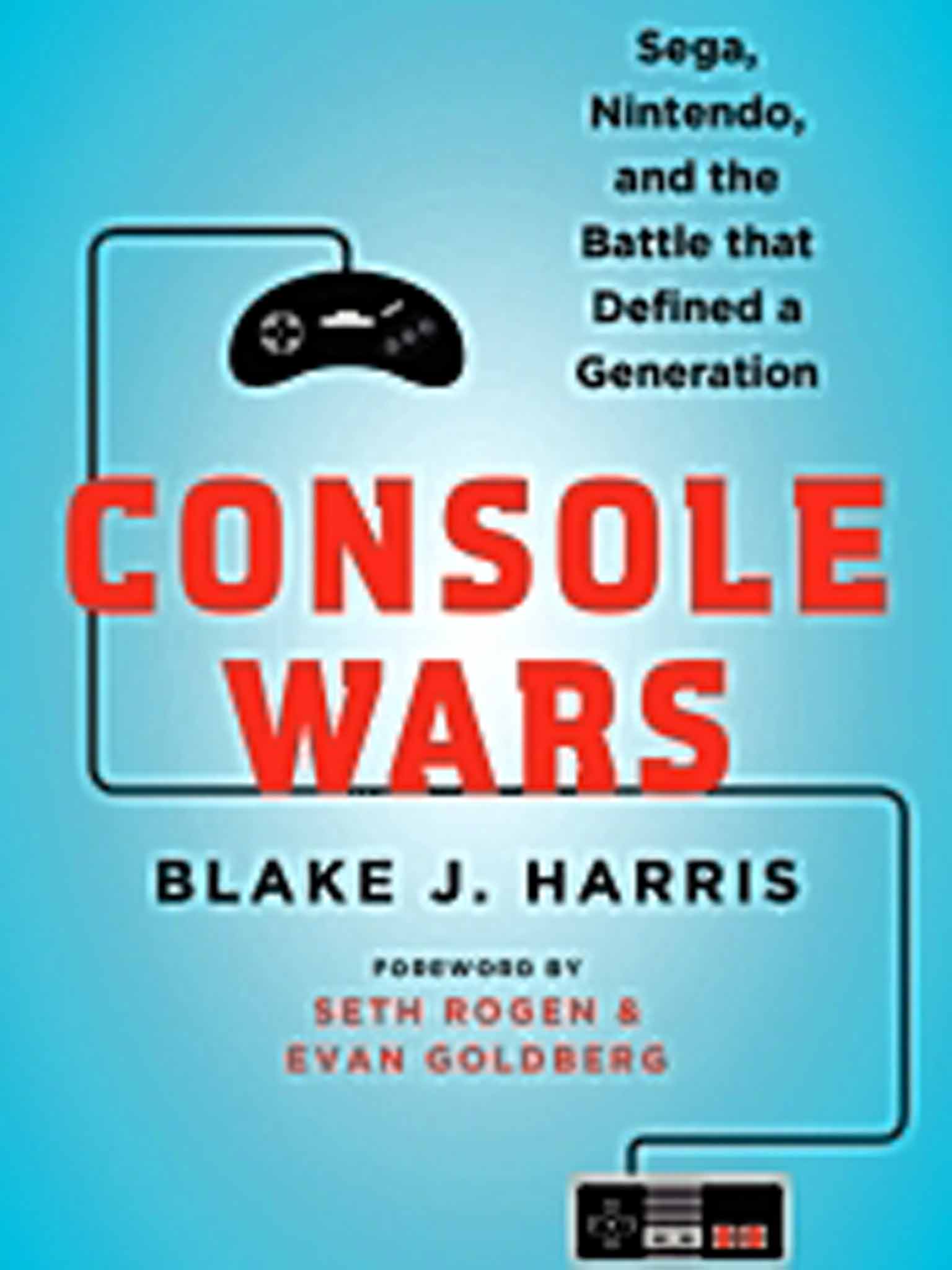Console Wars, by Blake Harris - book review: Plausibility's the victim in this David and Goliath tale

Your support helps us to tell the story
From reproductive rights to climate change to Big Tech, The Independent is on the ground when the story is developing. Whether it's investigating the financials of Elon Musk's pro-Trump PAC or producing our latest documentary, 'The A Word', which shines a light on the American women fighting for reproductive rights, we know how important it is to parse out the facts from the messaging.
At such a critical moment in US history, we need reporters on the ground. Your donation allows us to keep sending journalists to speak to both sides of the story.
The Independent is trusted by Americans across the entire political spectrum. And unlike many other quality news outlets, we choose not to lock Americans out of our reporting and analysis with paywalls. We believe quality journalism should be available to everyone, paid for by those who can afford it.
Your support makes all the difference.Console Wars is the story of the battle between two video game companies – Nintendo, which at the time of the tale, in the 1980s, accounted for 90 per cent of what was then a $5bn market, and its competitor Sega, a once great, now failing company having one last roll of the dice. It is, in essence, a David and Goliath tale. But there is also another, fiercer battle being waged across its many pages – that between historical truth and fictionalisation.
This tension is clear from the off. In the "author's note" Blake Harris explains that "most of the dialogue … has been re-created"; scenes and settings have been "altered, reconstructed or imagined". But not to worry, he explains, he has used his "best judgement as to what version most closely fits the documentary record" in this, his first, docu-novel. Straight away, you feel lost in a 558-page forest without a map.
Still, the hyper-commercialised duel between the house of Mario (Nintendo) and the house of Sonic (Sega) for ad revenues, retail space and the hearts – and, more pertinently, the attention – of the world's under-15s is a compelling story. It is only Harris's treatment of it which falls short.
Part of the problem is the "re-created" dialogue. Take, for example, an incident that occurs on page 29 when Michael Katz, the outgoing Sega boss, tells the man taking his job that "Sega is a ticking time bomb, and you just signed up to strap it to your chest". Has anyone ever actually spoken like this, I wonder? It has the air of the confected, and that lingering notion wafts through the book like a kind of corrosive miasma, degrading all the historical integrity it comes into contact with.
The problem is that the book is heir to all the maladies of the sub-genre itself. It doesn't quite know what it wants to be: an accurate account or an over-caffeinated dramatisation. Harris wants to make the video gaming world seem fun, but in the end he only makes it seem gauche and populated by people who talk like bit-part players. (Perhaps, then, no surprise that the film rights have been picked up by Seth Rogen.) The characters, though real people, feel forced and ill-formed.
Video gaming has transformed popular culture in its four decades of life. The names of Nintendo's and Sega's mascots are on billboards even now, though their rivalry has long since been put to bed. They've shed their 2D pixels and popped up into the third dimension, growing with an industry that is now worth more than $76bn; it's a shame this book doesn't quite match up.
Join our commenting forum
Join thought-provoking conversations, follow other Independent readers and see their replies
Comments